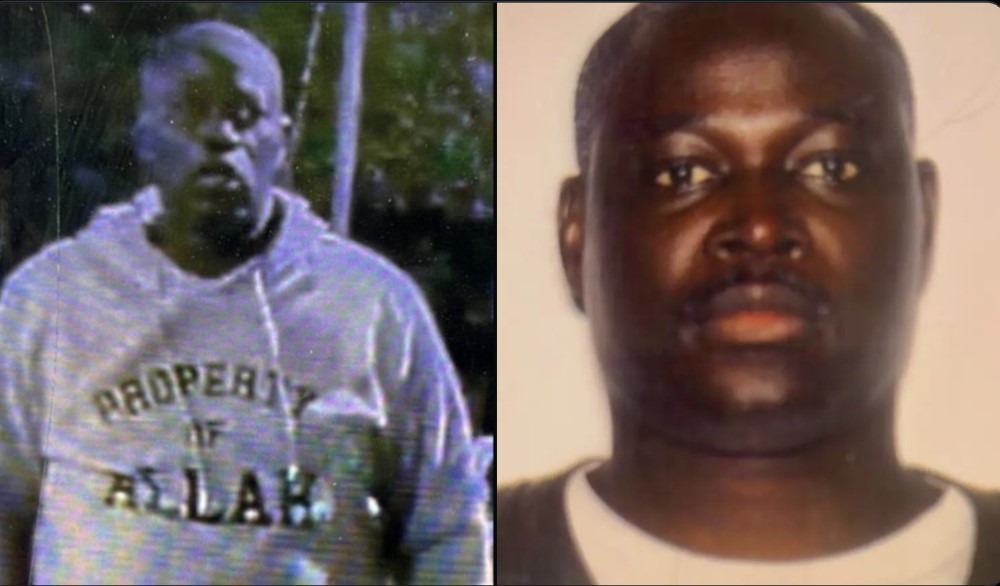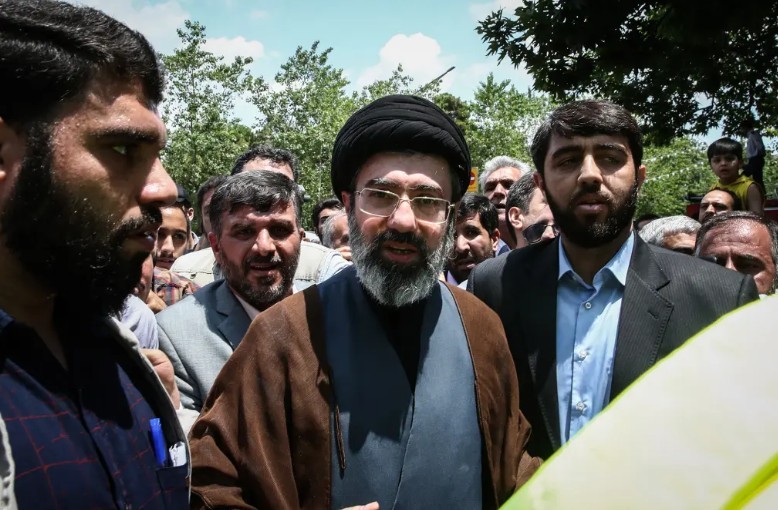Who Is Carrie Edwards — And How Did She Use ChatGPT to Win $150,000 in the Lottery?
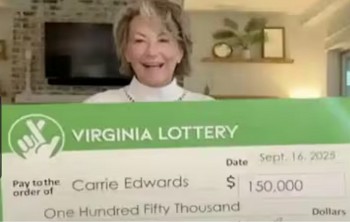 Can ChatGPT Help You Win the Lottery? The Truth Behind Carrie Edwards’ $150,000 Powerball Win Can ChatGPT Help You Win the Lottery? The Truth Behind Carrie Edwards’ $150,000 Powerball Win Carrie Edwards won $150,000 using ChatGPT to pick her Powerball numbers. Is AI the future of lottery wins, or just another tool? Learn what works—and ... |
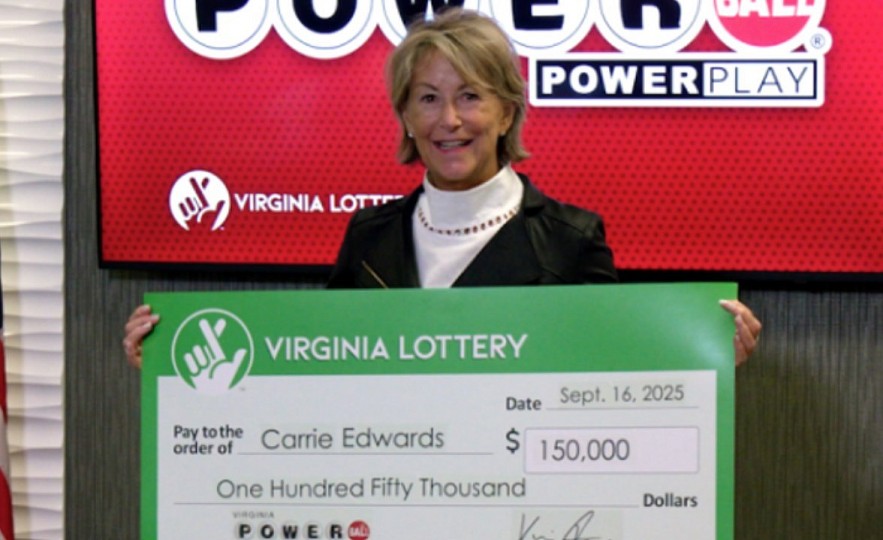 |
| Carrie Edwards, Virginia woman wins lottery, donates it all to charity |
The Woman Behind the Win
Carrie Edwards is no influencer or tech insider. She’s a retired grandmother from Midlothian, Virginia, with deep family roots in the U.S. Navy and a quiet life shaped by faith and service. Her husband passed away after battling frontotemporal degeneration, a rare and aggressive form of dementia. That experience left an indelible mark — and would later guide her remarkable decision about what to do with her winnings.
The $150,000 ChatGPT Moment
It started with a simple idea: why not let artificial intelligence pick the numbers? Edwards opened the ChatGPT app on her phone and typed something like, “Do you have lottery numbers for me?” What she received were just six numbers, seemingly random — but on September 8, those numbers turned into gold.
She matched four of the first five numbers and the Powerball. That alone earned her $50,000. But she’d also opted for the “Power Play,” a $1 add-on that tripled her payout, bringing her total winnings to $150,000.
When the Virginia Lottery notified her, she initially thought it was a scam. It wasn’t. She was now a six-figure winner — and completely unprepared for what came next.
A Radical Act of Generosity
Most lottery stories end with shopping sprees, vacations, or sudden lifestyle upgrades. Not this one.
Edwards chose to donate the entire $150,000. Not a percentage. Not “after taxes.” All of it.
She divided the money evenly among three causes that mattered deeply to her:
-
A medical research foundation focused on frontotemporal degeneration, in honor of her late husband.
-
A local nonprofit farm that works on food equity and sustainable agriculture in the Richmond area.
-
A support organization for Navy and Marine Corps families — a nod to her military upbringing.
To Edwards, the decision wasn’t difficult. She described the experience as “divinely inspired,” saying she felt like she was simply the messenger — the lucky conduit for a blessing meant to be passed on.
Can ChatGPT Really Help You Win the Lottery?
Let’s get one thing straight: Carrie Edwards won because of luck — not because ChatGPT has some secret lottery-predicting algorithm.
The numbers it generated were, in essence, random. ChatGPT doesn’t have access to future draws, insider systems, or magic formulas. It can’t predict winning combinations any more than a coin flip can call heads or tails next Thursday.
But Edwards' story shows something else: how people are increasingly using AI tools in everyday life — not just for writing emails or planning recipes, but for things as unexpected as picking lottery numbers.
Here’s the truth about what AI can do in this space:
-
It can generate randomized number sets based on user instructions.
-
It can help avoid common selection patterns (like using birthdates, which limit number ranges).
-
It can make the process feel more intentional — or just more fun.
But can it “hack” the odds? No. And if someone tells you otherwise, they’re selling snake oil.
How to Prompt ChatGPT Like Carrie Edwards
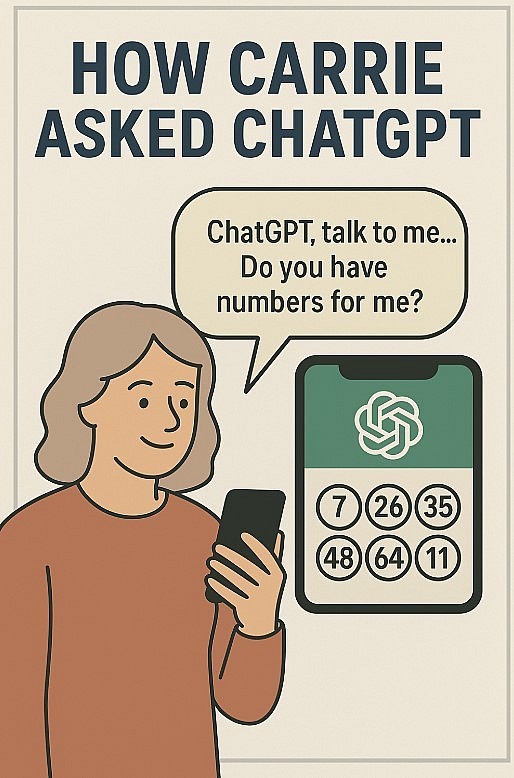 |
| How to Prompt ChatGPT Like Carrie Edwards |
If you’re curious, here’s how someone might use ChatGPT to generate lottery numbers — not because it improves your chances, but because it’s a novel way to engage with tech:
-
Ask for numbers in the correct range: “Give me 5 random numbers between 1 and 69, and one between 1 and 26.”
-
Avoid duplicates: “Make sure all numbers are unique.”
-
Add a theme if you like: “Pick numbers that include multiples of 7” or “Numbers that total under 100.”
-
Ask for multiple sets: “Give me three different sets to choose from.”
Ultimately, it’s a digital dice roll — but for people like Edwards, it adds a little sparkle to the experience.
The Bigger Picture
Carrie Edwards’ story isn’t about technology. It’s about what you do when the odds — for once — tilt in your favor.
Most people who win the lottery buy things. Edwards gave everything away.
She didn’t ask for fame. She didn’t claim to have a winning strategy. She used a tool millions of others have access to, got lucky, and followed her conscience.
And maybe that’s what makes her story resonate: not the numbers, not the money — but the meaning.
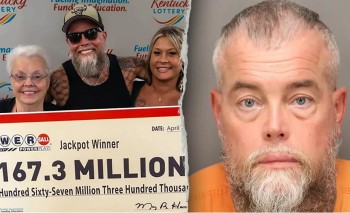 Who is James Farthing? From Jackpot to Jail of Powerball Winner Who is James Farthing? From Jackpot to Jail of Powerball Winner James Farthing, a $167 million Powerball winner, was arrested just days after his historic win for assaulting a deputy during a violent altercation at a ... |
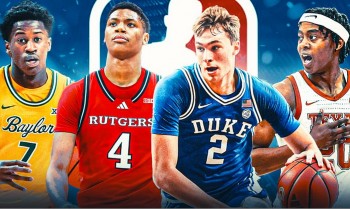 2025 NBA Draft: Complete Breakdown, Latest Updates, and What It Means for Every Team 2025 NBA Draft: Complete Breakdown, Latest Updates, and What It Means for Every Team Get ready for the 2025 NBA Draft with a complete breakdown of top prospects, draft order, team strategies, and trade updates—everything fans and analysts need ... |
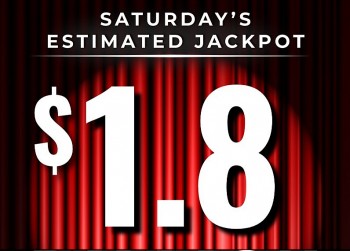 Two Powerball Players Hit Nearly $1.8 Billion Jackpot — Who Are the Lucky Winners? Two Powerball Players Hit Nearly $1.8 Billion Jackpot — Who Are the Lucky Winners? Historic Powerball drawing splits between Texas and Missouri; tax decisions, financial forecasts, and national reactions follow. |
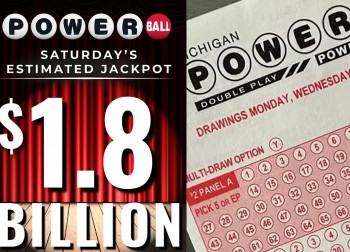 What Would You Do with $893 Million? Powerball Winners Face the Ultimate Wealth Dilemma What Would You Do with $893 Million? Powerball Winners Face the Ultimate Wealth Dilemma Two Powerball winners just split a $1.8 billion jackpot. Here's what experts say about how they should manage sudden extreme wealth — and what you'd ... |
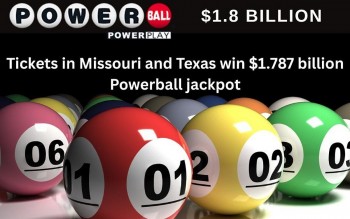 Texas vs. Missouri: How State Laws Impact the Powerball Winners’ Privacy and Taxes Texas vs. Missouri: How State Laws Impact the Powerball Winners’ Privacy and Taxes Two states, two Powerball winners — but only one gets to stay anonymous. Here's how state laws shape lottery winners' taxes, privacy, and legal options. |




